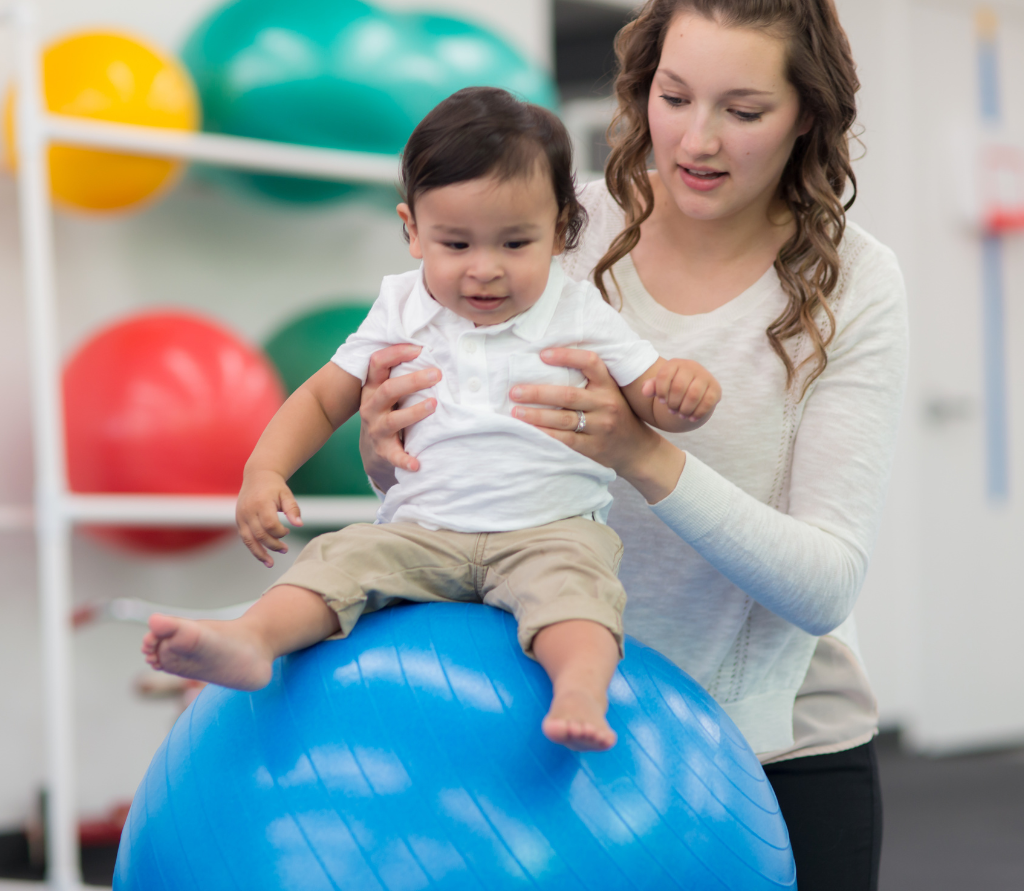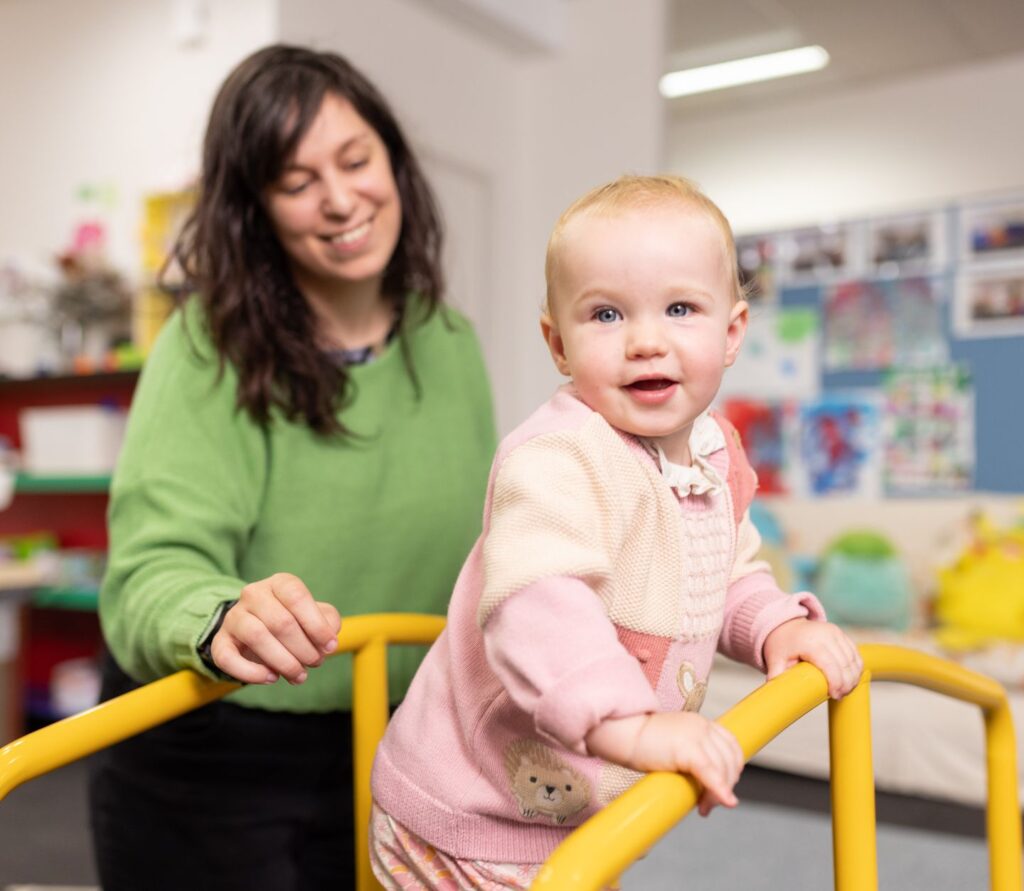The National Disability Insurance Scheme (NDIS) is an Australian Government initiative that provides funding and support to individuals with disabilities, enabling them to access services to enhance their quality of life and independence. Early Start Australia is a registered NDIS provider delivering NDIS Physiotherapy services across Australia.
Depending on your goals and individual needs, the NDIS may provide funding for Allied Health therapy supports such as Physiotherapy to support the development of physical function and mobility.
In your NDIS plan, Physiotherapy services are usually covered under the Capacity Building Supports budget (Improved Daily Living). As a registered NDIS provider, our Physiotherapists are registered with the Australian Health Practitioner Regulation Agency.
At Early Start Australia, our NDIS Physiotherapists can support children and adults who have difficulties with movement, strength, balance, and coordination. We can also provide assessments and recommendations for exercise programs, mobility aids, and assistive technology where required.
To learn more about our NDIS physiotherapy services please contact us on 1300 372 439 or complete the online form.











